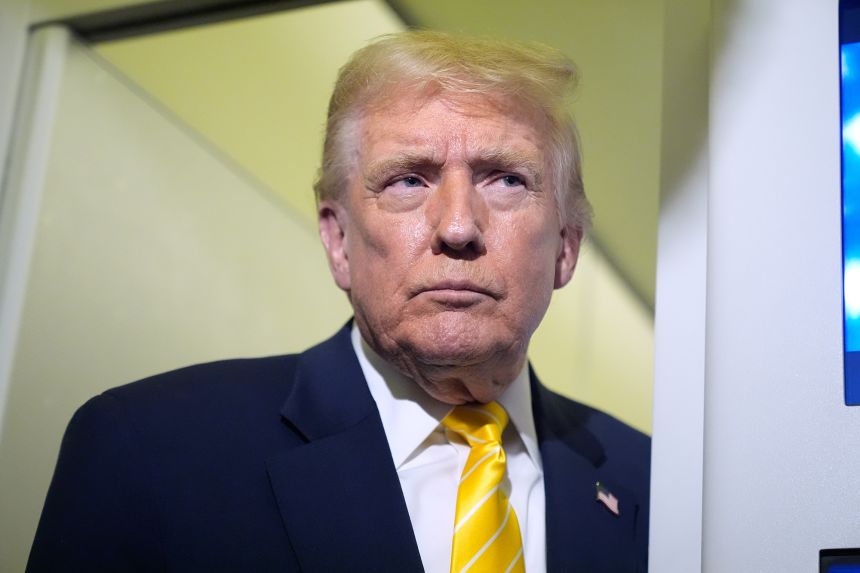Key Takeaways
- Trump’s draft executive order would block states from regulating artificial intelligence
- An AI Litigation Task Force would challenge existing state AI laws
- Critics warn this could leave consumers unprotected from AI risks
- Similar legislation was rejected by Congress in July
Trump Moves to Block State AI Regulations
President Donald Trump has drafted an executive order that would prevent states from enforcing artificial intelligence regulations, reigniting concerns among safety advocates and lawmakers across party lines.
The proposed order directs the US attorney general to create an AI Litigation Task Force to challenge state AI laws and replace them with more lenient federal standards, according to documents obtained by CNN.
Growing AI Risks Amid Limited Oversight
Artificial intelligence currently operates with minimal oversight despite expanding into critical areas including healthcare, policing, and personal communications. With comprehensive federal legislation lacking, several states have implemented laws addressing AI risks such as deceptive deepfakes and algorithmic bias in employment.
Critics argue that preempting state regulations could allow AI companies to avoid accountability when their technologies harm consumers.
A White House official declined to comment on the draft, stating that discussions about potential executive orders remain speculative until formally announced.
Industry Arguments and Political Pushback
The draft order echoes tech industry concerns voiced by leaders like OpenAI’s Sam Altman, who argue that varying state regulations could hinder innovation and weaken America’s competitive position.
“It is the policy of the United States to sustain and enhance America’s global AI dominance through a minimally burdensome, uniform national policy framework for AI,” the draft order states.
Trump also proposed adding similar language to the National Defense Authorization Act in a Truth Social post this week.
This marks the administration’s second attempt at limiting state AI oversight. Congress rejected a previous proposal in July, with the Senate nearly unanimously removing a 10-year moratorium on state AI regulations from Trump’s domestic policy bill.
Safety Concerns Escalate
While some tech companies support regulatory easing, the proposal faces broad opposition as AI safety concerns intensify. Recent reports highlight risks including AI-induced psychological harm and systems contributing to self-harm incidents.
Major tech firms like OpenAI and Meta are implementing measures to restrict minors’ access to adult content through AI platforms.
Florida Governor Ron DeSantis condemned the effort as “federal government overreach” on social media, warning that stripping state authority would benefit Big Tech while preventing protections against political censorship, predatory child-targeting applications, and infrastructure strains.
Democratic Senator Ed Markey accused Republicans of attempting to “sneak their AI regulation moratorium into the defense bill” and claimed Trump was siding “with his billionaire Big Tech buddies.”
Broad Opposition Emerges
The regulatory push coincides with Trump hosting AI industry leaders including Elon Musk, Nvidia’s Jensen Huang, and OpenAI’s Greg Brockman at a White House business dinner.
Hundreds of organizations—including labor unions, safety nonprofits, and educational institutions—have submitted letters to Congress opposing the preemption of state AI regulations and highlighting safety risks.
Alejandra Montoya-Boyer of The Leadership Conference’s Center for Civil Rights and Technology stated: “This draft executive order isn’t about interstate commerce or American competitiveness. It’s about giving the administration’s tech billionaire buddies and corporations a free pass rather than protecting the people it’s meant to serve.”
Public Citizen advocate J.B. Branch noted escalating AI-related harms including exploding scam operations, child suicides linked to online systems, and psychologist warnings about AI-induced breakdowns, arguing that blocking state regulations would “shield Silicon Valley from responsibility.”




